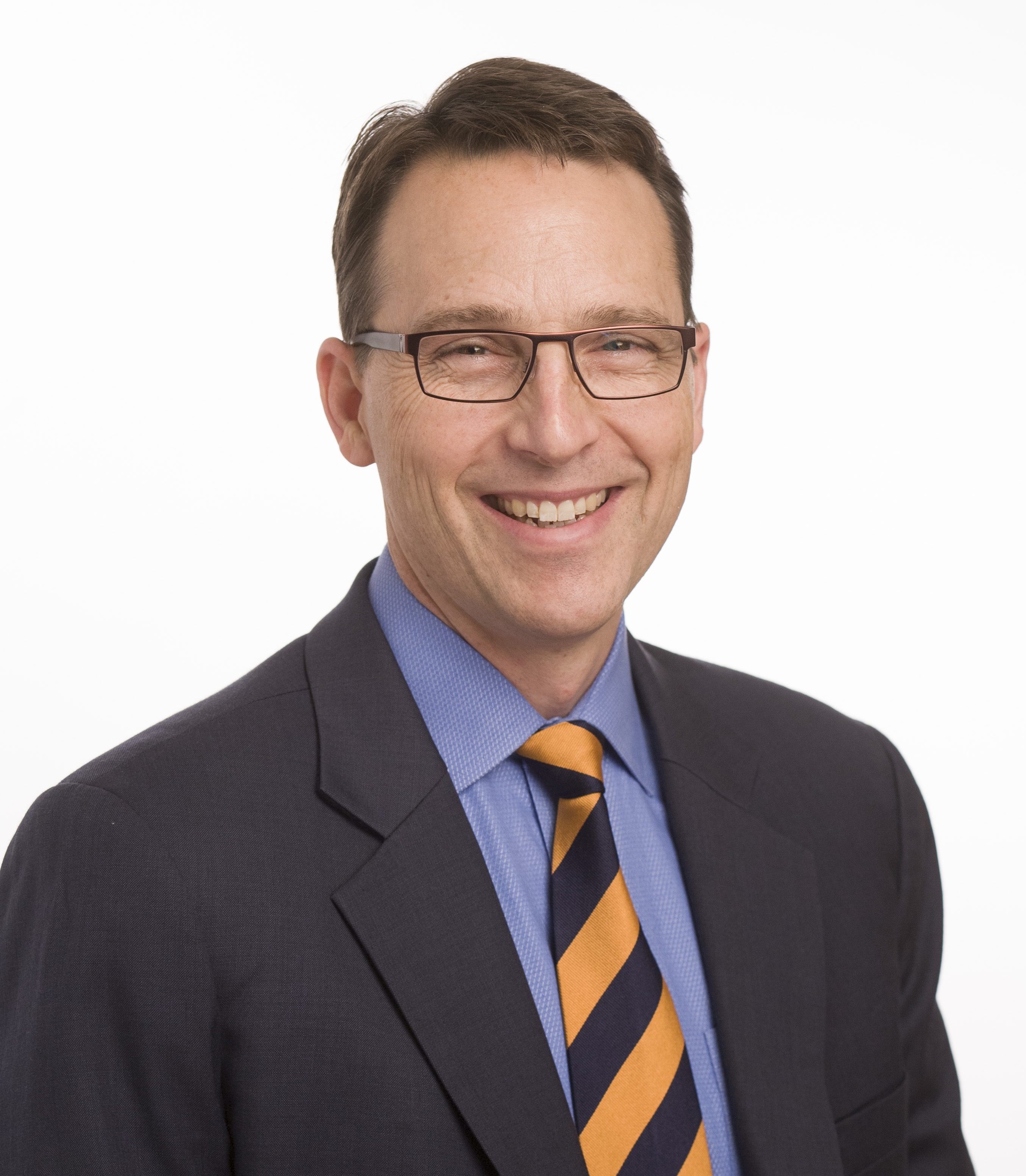This is an article being republished here from the February issue of the PCC's Executive Member newsletter. Each month in the newsletter, the PCC provides a short profile of an individual who works in primary care. It is a way of recognizing the dedication and passion that clinicians, advocates, and others have for primary care and connecting people in the PCC community to people like them.
Bob Phillips, MD, MSPH
Executive Director of the Center for Professionalism & Value in Health Care, American Board of Family Medicine
Why are you passionate about primary care?
I fell in love with primary care in medical school because I recognized the power of relationships in health. Figuring out what is at the heart of people’s health concerns takes time and trust, and changing unhealthy behaviors can take even longer, but primary care can accomplish both when done well. I want the next generation of primary care clinicians to understand the power of what they can accomplish if they resist making health care transactional—and how taking ownership of relationships changes us too. We also need to help policymakers—both in the government and our health system—understand the value of relationships too and not just how primary care can reduce costs but how we can improve outcomes.
If you had a magic wand that you could wave to change one thing in primary care, what would it be?
I would separate primary care from the rest of healthcare financing. That would enable it to be made a common good (universal access) and ensure that resource flows to it could be specifically increased and directed.
What one thing about your work do you want people working outside primary care to know or understand?
The Center for Professionalism & Value in Health Care is not exclusive to primary care in its goal to align how the health professions are valued with their values. Health care is increasingly being commoditized and professionals are being de-professionalized, and at the same time their professionalism is leveraged against them. The pandemic has made this starkly visible as health professionals have been directed to deliver care without sufficient protection and sometimes contrary to the best interests of patients and staff.
Looking back on your career, what’s the most significant contribution to primary care that you or your team have made?
We made very early contributions in bringing geospatial tools to primary care that revolutionized the way that Federally Qualified Health Center resources are allocated and prioritized, helping close an equity gap in communities’ abilities to advocate for support. Those same tools have helped standardize how small-area social determinant data can identify patients with social risks as well as how to more reliably adjust payments to address social needs. Geography is common to many data sets and can enable the dream of Community Oriented Primary Care, particularly defining our service community, characterizing them (race, poverty, etc.), and identifying potential partners in the same community for tackling problems.

Recent News
April 30, 2024
April 22, 2024
May webinar highlights: “The Commercial Market: Alternative Payment Models for Primary Care” Nate Murray explains w… https://t.co/KX9Wi2w6oY —
Il y a 10 mois 3 semaines
@CMSinnovates’ primary care strategy is rooted in a 2021 @theNASEM’s report which called #primarycare “foundational… https://t.co/glbPxvCysg —
Il y a 10 mois 3 semaines
@CMSinnovates has a new #primarycare strategy, envisioning “ACO-based primary care model tests that may focus on pr… https://t.co/aJGF1z411l —
Il y a 10 mois 3 semaines
- Page 1
- ››
Secondary menu
Copyright © 2024 Primary Care Collaborative




